Remembering Vic Firth
I grew up in the Boston area; Vic Firth’s name was revered as one of the most prominent “BSO men” in the area. Anastasia Tsioulcas of NPR has put together a lovely tribute to him as both a percussionist and an entrepreneur. Click here to read the remembrance at NPR’s Deceptive Cadence, complete with photos and[…]
Read More
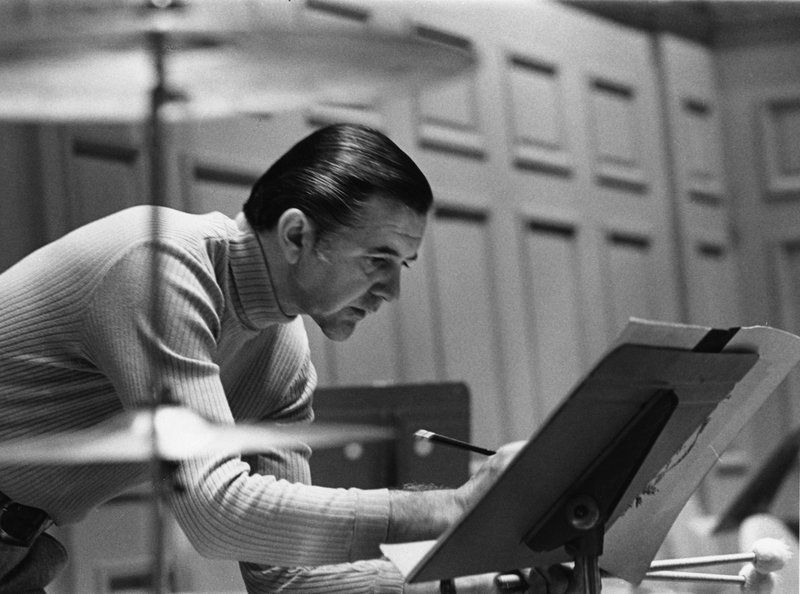
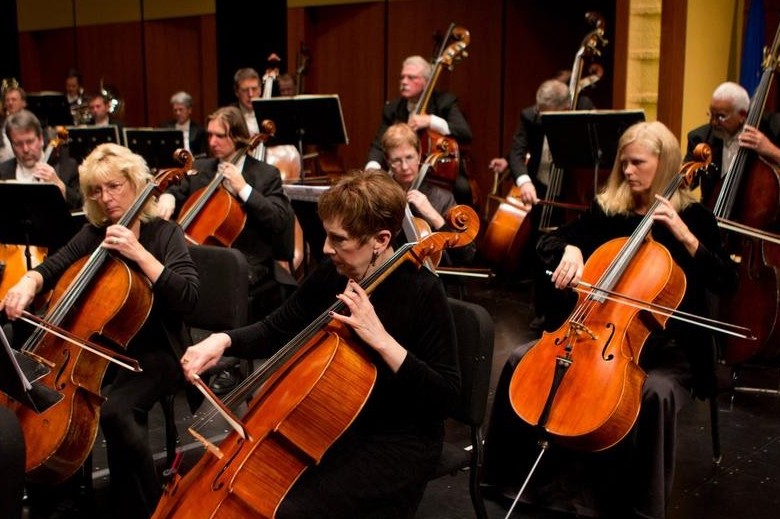
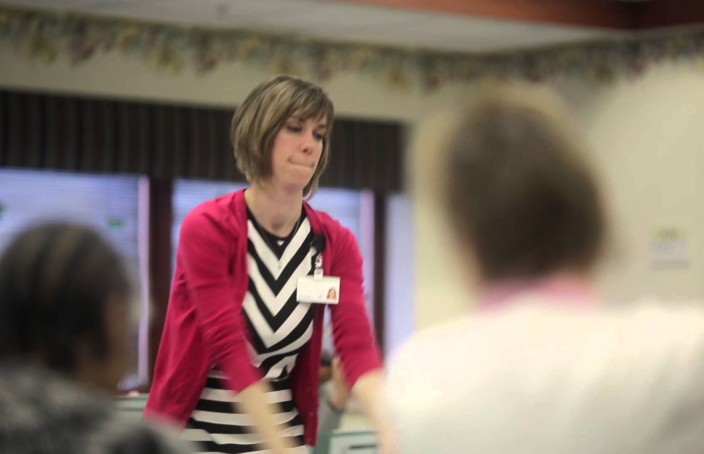
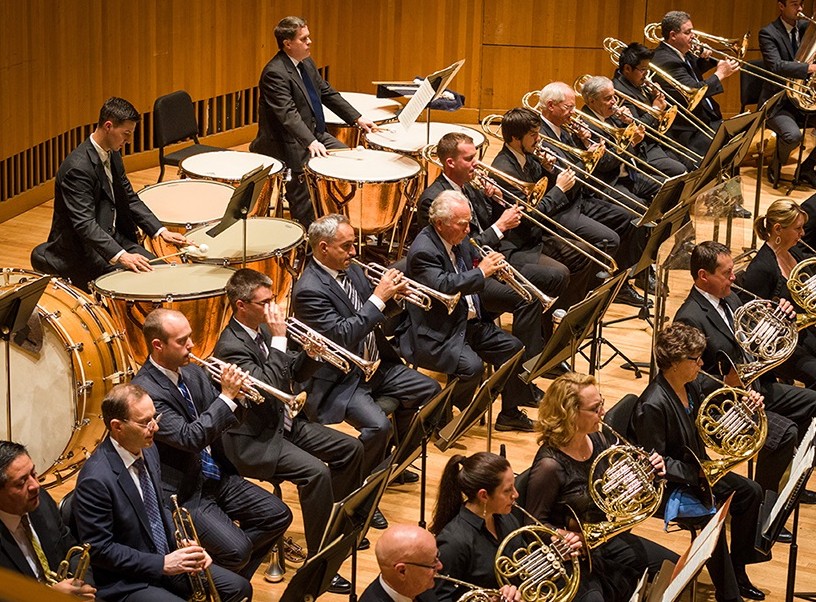
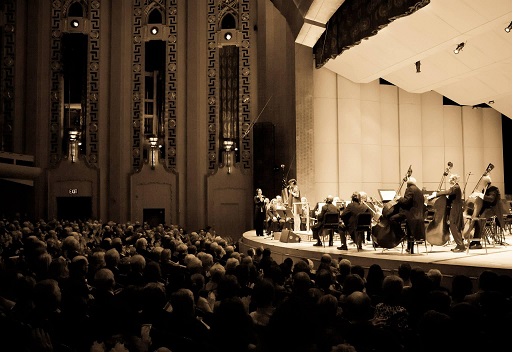
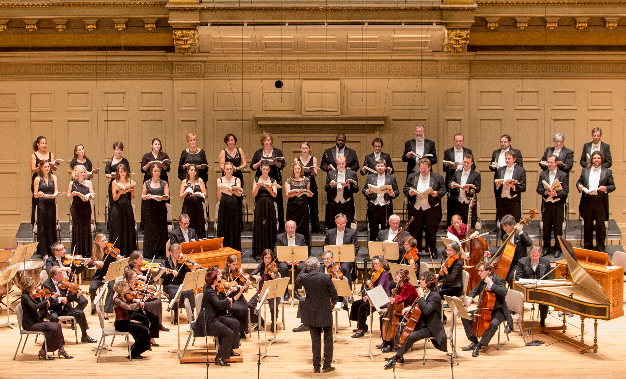
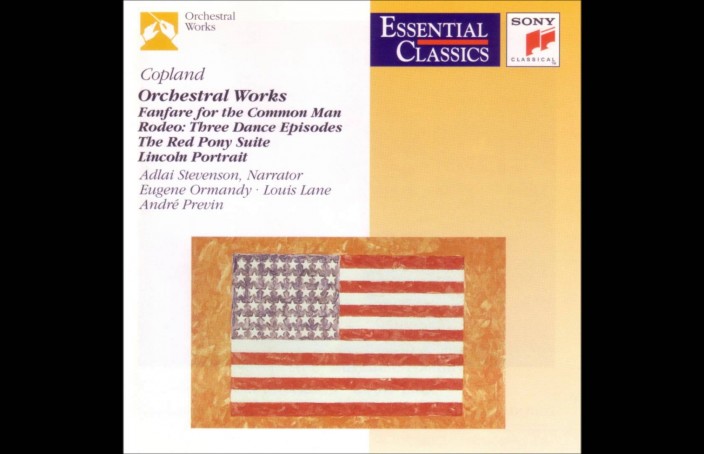

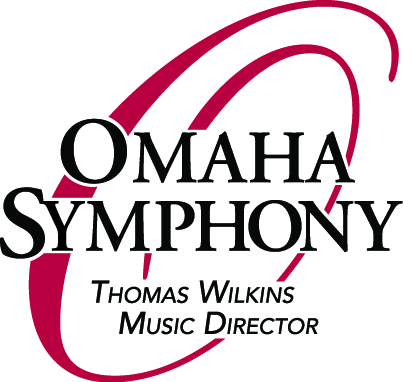
No comments yet.
Add your comment